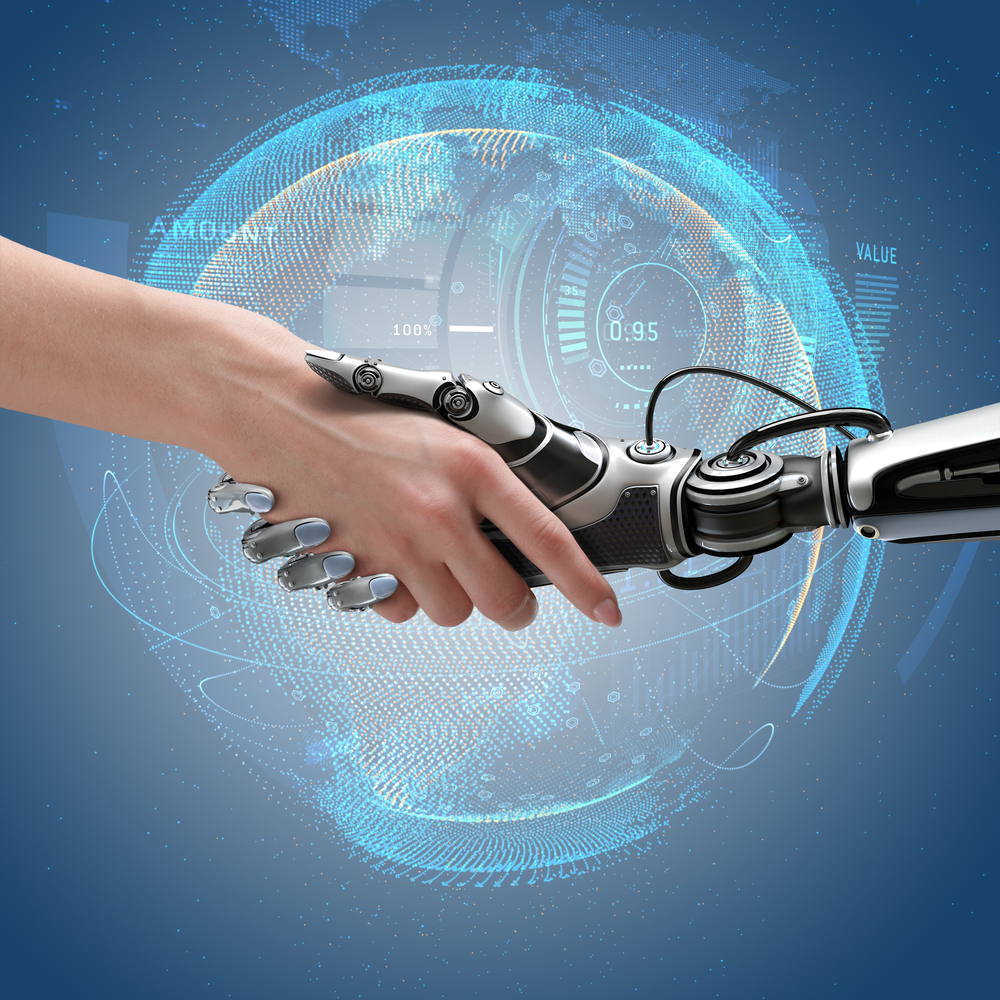Is technology taking over the human workforce?
- Hedd Freeman
- February 8, 2016
- 5,297 views

With our constantly expanding network of technology, are human workers becoming obsolete?
Improvements in technology are completely changing industries such as travel, which are now increasingly done online, when was the last time you went into a travel agents? Instead of fighting it and committing certain death to profession, we can embrace the change and look at it as a way to develop.
We have already seen professions being taken over by machines, a prime example being agriculture. From doing everything by hand the world has increasingly seen this industry be taken over by technology with use of tractors to combine harvesters. However the industry has welcomed the influx of efficiency and the ease technology brings.
Companies can adapt by offering more services through websites, apps, and devices as well as holding on to their customer services. Some companies are fully embracing technology and using it to get the most out of their businesses. Many retailers now have given up on the idea of having a physical shop and instead have all their products online, this saves on rent costs and transportation costs.
Here in the translation industry, we are adapting and learning to use technology in a way to help us rather than hinder us. Machine translation’s main flaw is not being able to take into account context of a translation and phrases that cannot be literally translated from one language to another. The weakness for human translators is the time it takes to develop the translation. By combining the two we can improve fluency and make it happen fast.
Machine translation, although having progressed, still predominately translate word to word. It cannot take the context of works and adapt it in the new language. Human translators get a feel of the whole project by reading it thoroughly and adapting it for the target language taking in emotions, cultural differences and target audience. Human translators create a real connection between the sentences and the translated document as a whole, and control that the correct message is portrayed. With Stepes translators can use our technology to their advantage, using simply a mobile app aiding them in their translation anywhere, anytime.
Technology will always need a mortal hand to guide it, control it and confirm its accuracy. Rejecting it will leave companies behind while others will excel with its help. We can use it to our advantage to get the most out of what it can provide while still being an essential part of the work force.











